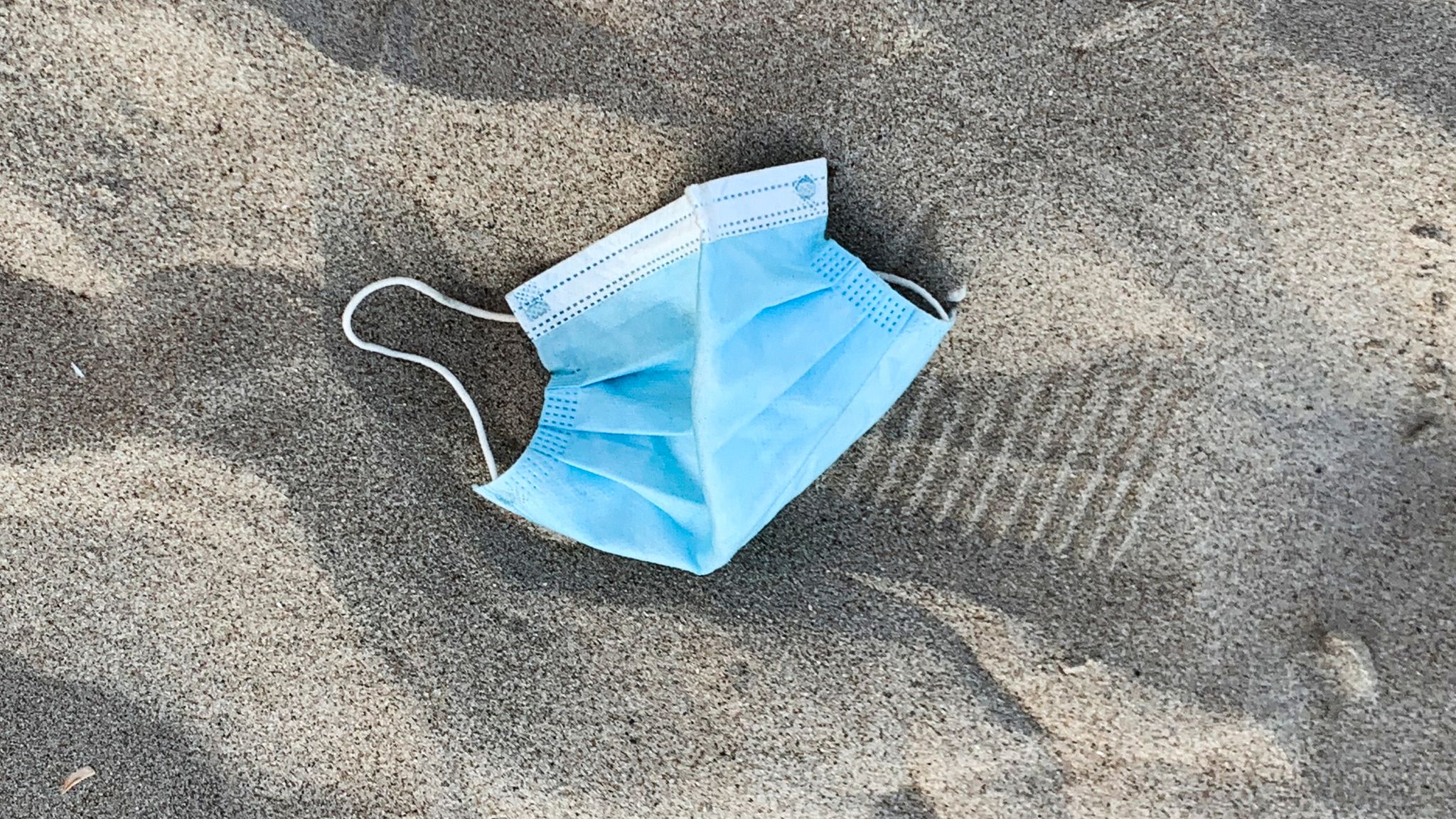While the usage of masks was a matter of debate for many at the start of the pandemic, the world has now believed that face masks really can play a crucial role in the fight against the COVID-19 pandemic. With various studies revealing that surgical masks are better when compared to cloth masks, a recent research carried out by scientists at Swansea University found that disposable face masks release dangerous chemical pollutants when submerged in water.
The research reveals the presence of high levels of pollutants, including lead, antimony, and copper, within the silicon-based and plastic fibres of common disposable face masks. With these findings, researchers are really worried about the impact these masks going to possess on public health and therefore believe that more investigation is needed.
Project lead Dr. Sarper Sarp of Swansea University College of Engineering said, “All of us need to keep wearing masks as they are essential in ending the pandemic. But we also urgently need more research and regulation on mask production in order to reduce risks to the environment and human health.”
During the study, it was found that every mask tested had a significant level of pollutants, with micro or nanoparticles and heavy metals released into the water during all the tests. With this, the scientists concluded that disposable masks are sure to leave a substantial impact on the environment and will also pose a severe impact on human health as well because repeated exposure to the hazardous chemicals found in the masks has previously known to be associated with cell death, genotoxicity and cancer formation.
Further in the study, it was also believed that with the rise in single-use masks and wastes associated with the COVID-19 pandemic, a new cause of pollution is soon to arrive.

